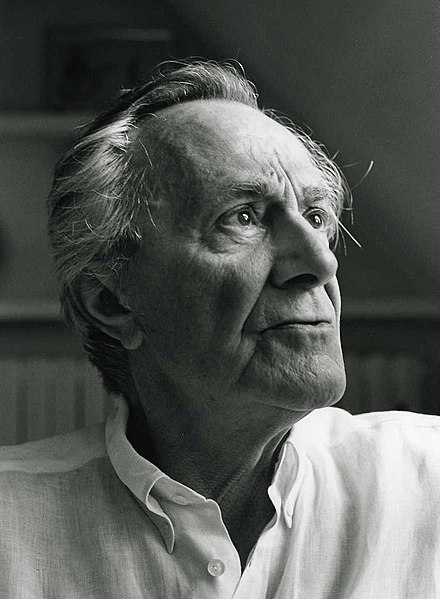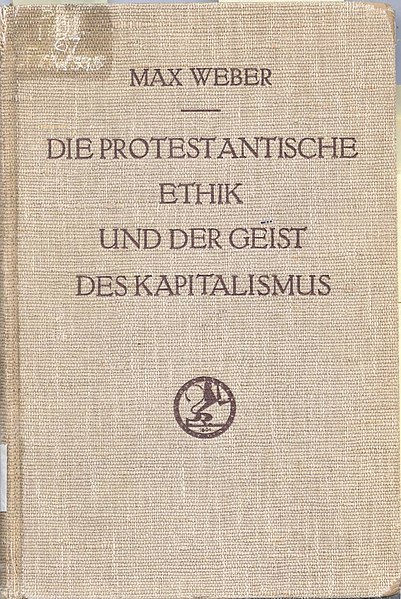Postmodernism is an intellectual stance or mode of discourse characterized by skepticism towards scientific rationalism and the concept of objective reality. It questions the "grand narratives" of modernity, rejects the certainty of knowledge and stable meaning, and acknowledges the influence of ideology in maintaining political power. Objective claims are dismissed as naïve realism, emphasizing the conditional nature of knowledge. Postmodernism embraces self-referentiality, epistemological relativism, moral relativism, pluralism, irony, irreverence, and eclecticism. It opposes the "universal validity" of binary oppositions, stable identity, hierarchy, and categorization.
Neue Staatsgalerie (1977–84), Stuttgart, Germany, designed by architects James Stirling and Michael Wilford, showing an eclectic, postmodern mix of classical architecture and colorful ironic detailing.
Ray and Maria Stata Center (2004), designed by the Canadian-American architect Frank Gehry for the Massachusetts Institute of Technology (MIT), Cambridge, Massachusetts.
American singer-songwriter Madonna
Jean-Francois Lyotard, photo by Bracha L. Ettinger, 1995
Modernity, a topic in the humanities and social sciences, is both a historical period and the ensemble of particular socio-cultural norms, attitudes and practices that arose in the wake of the Renaissance—in the Age of Reason of 17th-century thought and the 18th-century Enlightenment. Some commentators consider the era of modernity to have ended by 1930, with World War II in 1945, or the 1980s or 1990s; the following era is called postmodernity. The term "contemporary history" is also used to refer to the post-1945 timeframe, without assigning it to either the modern or postmodern era.
Cover of the original German edition of Max Weber's The Protestant Ethic and the Spirit of Capitalism





